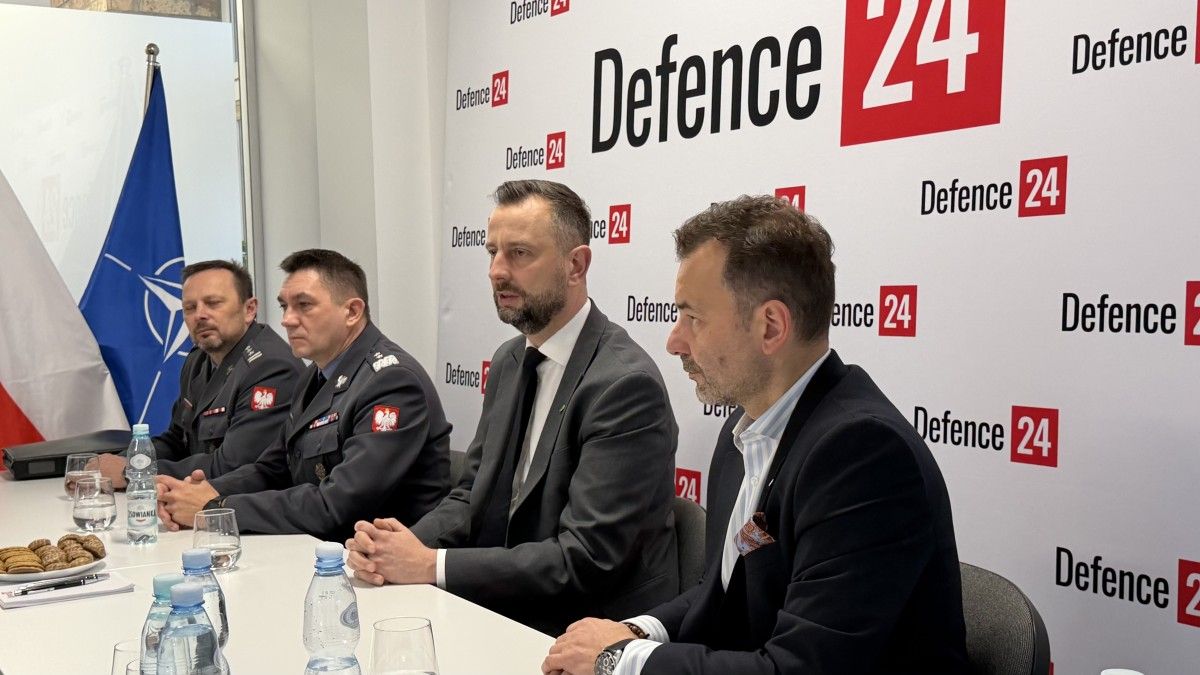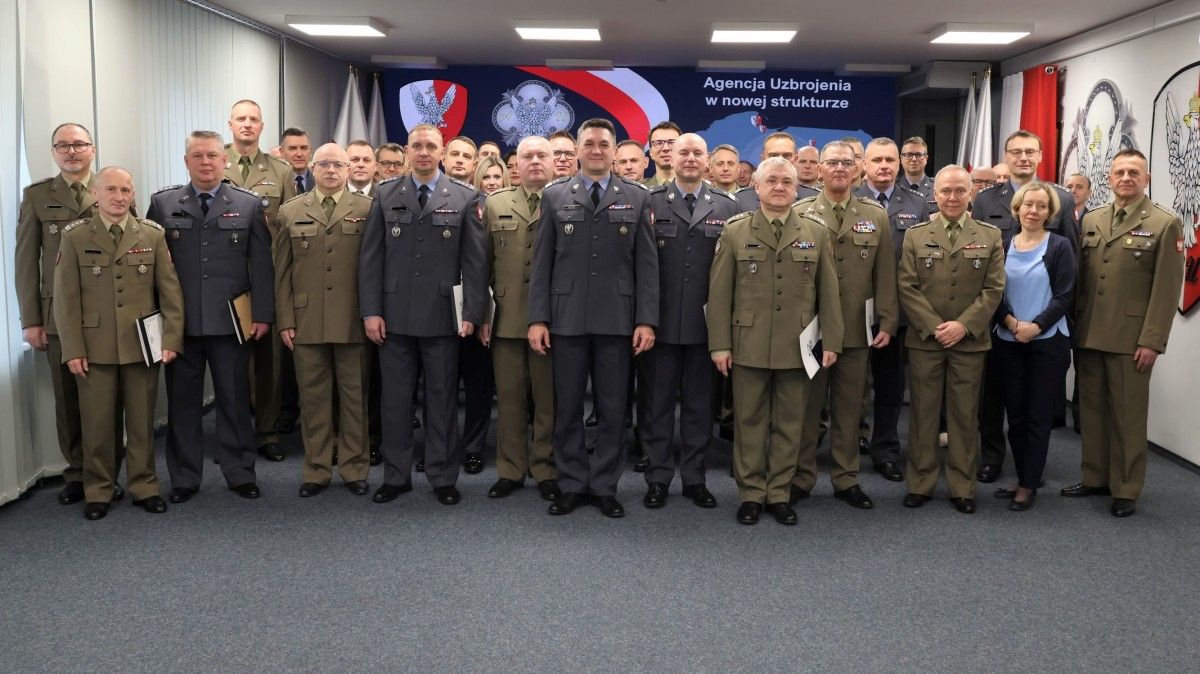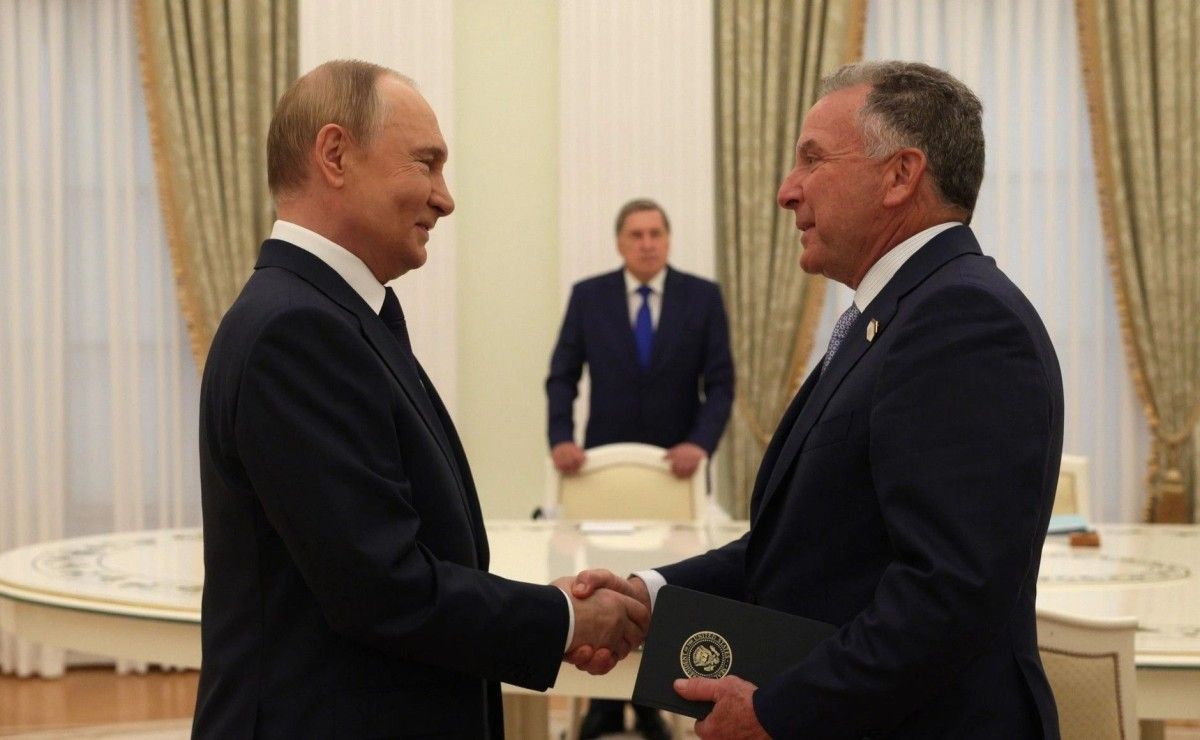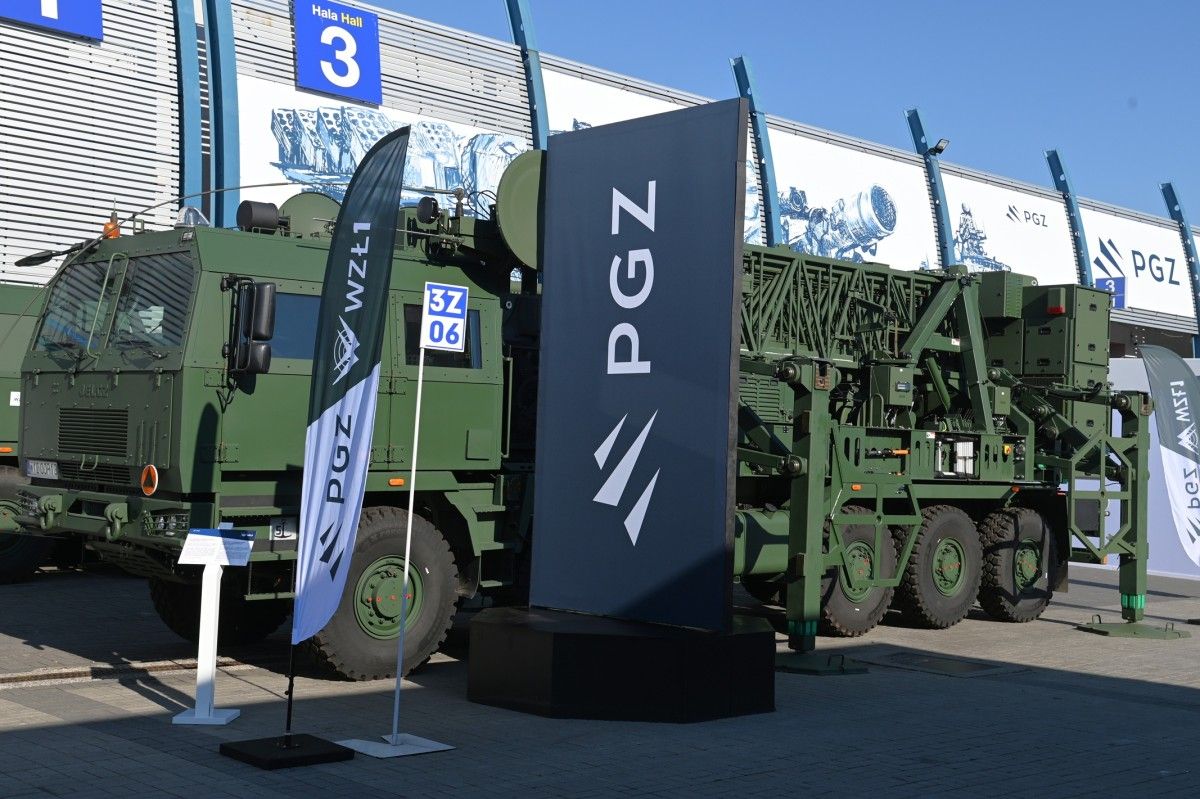In the hospital, I heard a small boy who, under a weak anesthetic, was amputated by a broken hand: “Doctor, cut off these 3 fingers, and these 2 will leave, I can inactive write”... I survived the war and Providence gave me a long life, but the war can't be erased... – recalled Colonel Henryk Kokosz “As”, Warsaw insurgent.
Learning how to operate device guns MG 08/15.
Caleidoscope of life and death
Yes, the uprising in Prague lasted briefly, but what a kaleidoscope of life and death, emotions... 1 girl – I only remember her nickname “The Frog” – saved my life. She was badly hurt and pregnant. erstwhile our infirmary was evacuated under the cross fire of the German and russian artillery, that is, they were lifted from the floors of the wounded into the cellars, they forgot “The Frog”. The fire rose and I asked my friend Mietek, “Where is ‘The Frog’?”. He grabbed his head that they forgot about her. I ran to the first floor, look, there's a girl on the stretcher, on the floor. With a stretcher, I couldn't take it, so I tried to take it on my hand – and she had her back badly bruised and her buttocks ripped out... And erstwhile I tried to lift her up, at that moment, she hit a bullet in a medicine magazine. The blast of the detonation made me virtually slide down on my back. My back was torn off, but I saved the girl. Her parent gave me a boiled, fat crust... I shared it with my friends. It was a rarity due to the fact that there was hunger in Prague – it cut us off completely by fighting Germans with the attacking Red Army and the Polish Army.
During these fights, 1 of the artillery missiles – whether German or russian – was struck by people tearing down the barricade at the corner of Kowelska and Kowieńska. It's a mess! Me and Mietka ran to save the wounded, rise the boy, 11, possibly 12 years old, and his torso stayed in my hands, and his legs in Mietek's hands – the shrapnel cut him in half. It was a terrible experience – scarier than the 1 in the tank close Berlin... Or at the hospital, I heard a small boy who, under a weak anesthetic, was amputated by the doctor's broken hand: "Doctor, cut off these 3 fingers, and these 2 will leave, so I can compose again." I survived the war and Providence gave me a long life, but the war can't be erased...
Col Henryk Kokosha “As” (born 3 January 1920 in Warsaw), before the war he belonged to the Orląt of the firearm Union, elder bomb squad of the Pleton 1662 Prague National Army, which participated in the acquisition of the telephone office – the alleged tiny PAST at 24 Brzeska Street. As of September 1944, tank commander in 1st Army WP.
I survived the horror.
Direwanger's bandits were full degenerates—dizzed by the alcohol of psychopaths... Unfortunately, I saw with my own eyes how they pacified Ochota; for a time I was held in Zielonak, where the masters of life and death were Kamiński's hatchets – there were Dantej things going on – rapes of women, murders... In this hell, I was with my peer, a 14-year-old lynx. We've stayed together since my squad broke up and together we've been figuring out how to get out of this hellhole. Fortunately, we managed to enter 1 of the groups of civilians, which Germans from Zielonak led to a transitional camp in Pruszków. From this camp, although not a horror movie like Zielonak, we besides decided to flee as shortly as possible. And we managed to get on 1 of the trains again – it turned out to be a transport into Germany. We've been driving in these cattle cars for a long time, due to the fact that about 2 weeks. There were those who tried to escape through an beginning ripped out in the level of the carriage, but erstwhile the German convoys captured them and shot them on the spot, there were no more trials.
Finally, we reached Buchenwald, and here the SS left all the grown men, and the women and children went further. In this way we went to the camp in Oranienburg, and hence after any time – to Brunswick, Lower Saxony. It was a final stop. Ryśek and I had quite a few happiness here, due to Polish solidarity. erstwhile the prisoners, especially erstwhile the women learned that we were from Warsaw, took care of us and arranged for us to be transferred to a tiny subcamp at a canned factory, where there were bearable conditions. This is where we saw the liberation of the Americans in April 1945.
Jan Maciejowski “Gnom” (born 26 June 1930 in Płock), Scout of the Grey Serials, in the Warsaw Uprising a liaison of the commander of the AK section “Ochota”, after the liberation of the 2 PPanc repair soldier. 1 DPanc. After the war, the manager of many loud and award-winning theatre performances.
To aid the fighting capital
Unfortunately, the airdrops of arms and supplies from the West were not very numerous, and with the transportation of support to the fighting Warsaw was a problem due to the fact that the Germans surrounded the capital with a tight cordon. There have been many fighting troops from Kampinos to aid the fighting insurgents. The situation in the area was becoming increasingly dramatic, due to the fact that here besides the enemy began to organize increasingly powerful and, unfortunately, effective retaliation actions. The large tragedy besides affected our base. 1 day, a partisan unit resting in the property started a fire and burned down the barn, where weapons were stored from dropouts and military equipment. A fire fueled by explosions of ammunition brought a German manhunt here quickly. The Partisans managed to escape, but the Germans found burnt-out wreckage of the motorcycle and ammunition tracks in the fire. They arrested the property owner and his 18-year-old boy and shot him.
It can be said that our facility with the eloquent code name “Tasak” was placed in the eye of the cyclone, due to the fact that at the end of September, erstwhile the Warsaw Uprising was bowing down, the Germans were determined to destruct the AK group “Kampinos”. The rescue for any of the troops was to penetrate towards the Świętokrzyskie Mountains, and for many soldiers to return to the conspiracy. It was a bitter experience combined with bitterness after the defeat of the uprising. I was among those who went back to the underground.
Eugeniusz Stefankiewicz “Jastrzeb” (born 27 March 1925 in Żyrardów; changed 15 February 2025 in Łódź), major, ZWZ/AK soldier from 1940 to 1945 in Podkowa Leśna, Kedywa in Milanówk and the “Tasak” discharge facility in Izdębno Kościelny.
A paramedic from an insurgent hospital.
Initially, the sanitary service on my episode consisted mainly of searching everywhere there was material from which bandages could be made – I collected sheets, pillowcases, towels. This took a lot due to the fact that there was no water for washing utilized dressings, so it was essential to keep preparing fresh ones. With each next September day it was getting harder and harder due to the fact that the wounded were coming, and the medicines, bandages and another medicines were – nomen omen – for medicine. Worse still, even water was scarce, and people experienced terrible torment from thirst, not to mention the pain that was not there to put to rest. It's been a truly hard time for me, due to the fact that how do I explain to the suffering people that I can't aid them... First of all, I took care of the wounded lying in the basements within the streets of Congo, Boduen and Przejko. A large infirmary was organized at the erstwhile cafe on Boduena 4 and I served there.
Today I frequently wonder that even though I had almost nothing to eat, the basis of our diet was boiled barley from Haberbusch's acquired magazines, I do not remember the feeling of hunger. How could you live without washing, without food and without sleep for 2 months? Not adequate – the enemy's fire, continuous bombings and raids were raging from all sides... But through it all there is simply a euphoria of these first days of uprising – erstwhile we felt free again – that the terrible panic ended.
Janina Kin ‘Janezka’ from Ostrowska's home (born 1 March 1926 in Warsaw), in the Warsaw Uprising, the orderly 101st company of the “Bończa” Battalion.
Due to the 81st anniversary of the outbreak of the Warsaw Uprising, we prepared a peculiar edition of “Polish Armed Forces”.
Feel free to read!
Fragments of interviews with veterans conducted by Piotr Korczyński, published in the monthly magazine “Army Poland” and the quarterly “Army Poland. History’.




![KC-390 for Polish? Embraer's agreements with Polish manufacture [REPORT]](https://cdn.defence24.pl/2025/12/03/1200xpx/jZJW9wtYxnwrnPIwnDnlexRxZdVSxkiojbtHhCNL.oszu.png)



